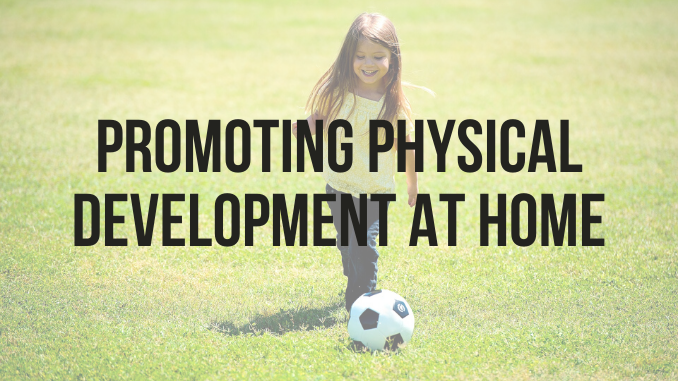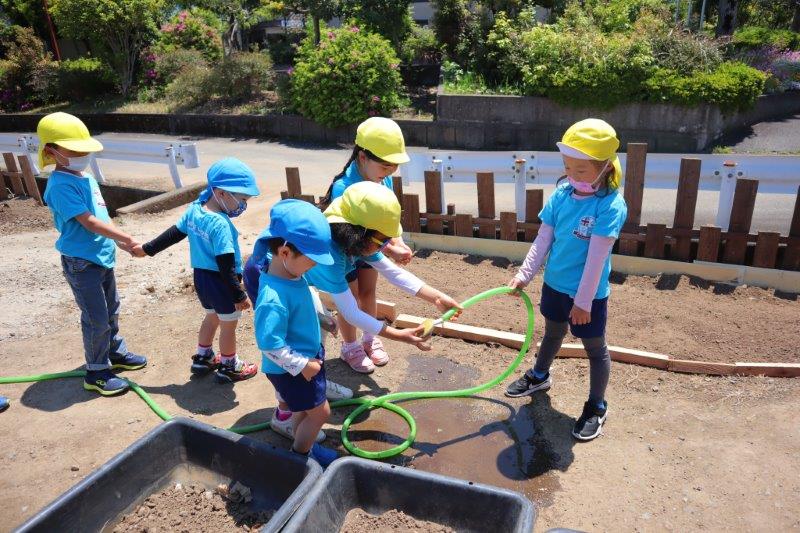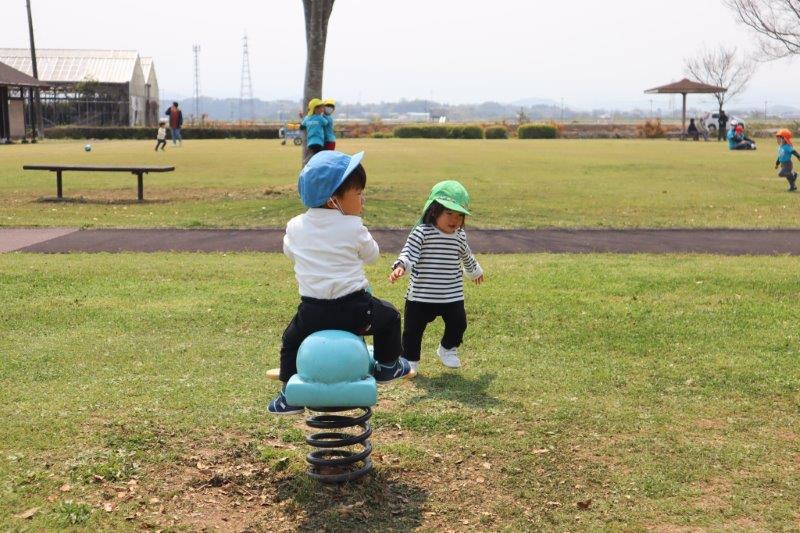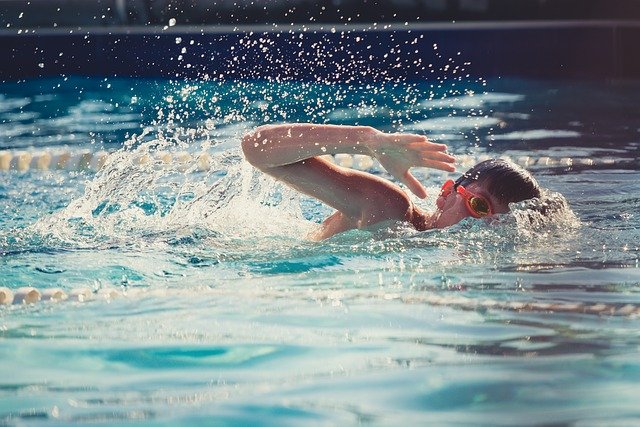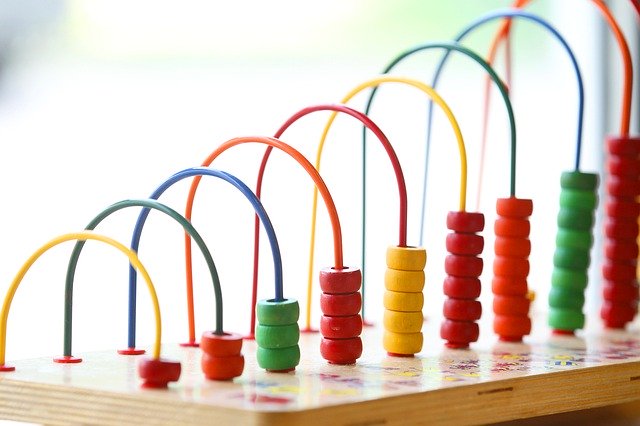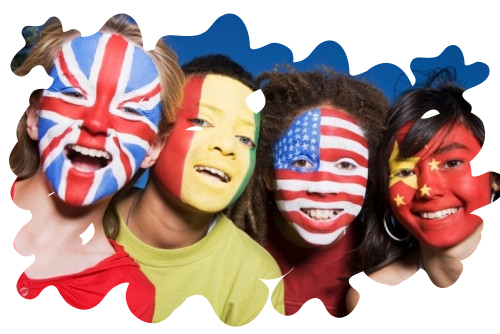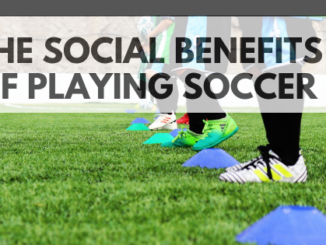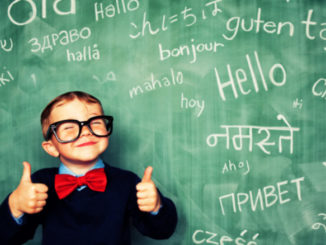In the years spanned by the Early Years Foundation Stage children’s physical development is extremely rapid, compare a newborn and a 5-year-old and you will see HUGE differences. However, ‘physical development’ as understood by the EYFS is not just about the rate at which children grow larger, because as practitioners we have very limited influence on that! but instead, is about the skills that are gained.
Physical development encompasses a number of different skills which can be broken down into 2 broader categories; gross motor skills and fine motor skills. Gross motor skills are those which involve big movements, and large muscle groups. Children in the EYFS will learn to move, role over, reach and grab, push-up, crawl, pull up and walk and mastery over their bodies through balance, co-ordination and control. Fine motor skills, are small scale movements that require precision and control and use much smaller muscle groups, for example the muscles in fingers, hands and wrists.
Parents often ask what they can do to help their child develop and learn at home, and whilst this is going to depend largely on children’s age and stage there are some good general activities to follow when looking to support your child’s physical development.
Time outside
Time outside is beneficial for all humans; it increases our production of Vitamin D and serotonin, the happy hormone, which leads to an overall sense of wellbeing. Being outdoors also helps to reset our circadian rhythm, which regulates our sleep patterns; good sleep patterns and habits are important for young children’s overall health.
Playing outdoors also offers a unique environment for practicing large-scale muscular movement, that is gross motor skills. The outdoor environment will usually offer children more space to walk, crawl or run and with this they also learn to change course and direction, vary their speed and avoids obstacles.
If using parks or play equipment there are further opportunities for children to develop skills as they climb, balance and slide. Swings, a popular childhood favourite, are also fantastic for developing core strength as the child’s body contends with varying forces.
Co-ordination
Along with developing control over gross motor skills children need to develop their co-ordination in order to move their bodies in increasingly complex ways.
Dance or playing sports is a great way to develop these skills. In dance for example children learn to move their bodies whilst making gestures with their arms. This requires that children are able to carry out both types of movement and to do so at the same time. Sports like football, tennis or even playing catch also help to hone hand-eye, or foot-eye co-ordination, which are actually very complex skills as the brain is learning to take visual information, analyse this, plan an approach and move muscles accordingly. Like all neural pathways, the more they are used the better children become at using these skills.
Swimming
Whilst not strictly at home for the majority of children, swimming lessons or recreational swimming are brilliant ways to build up muscle tone that supports gross motor skills.
Something that is often repeated is that swimming is the one sport that may save a child’s life and it’s true; drowning is a common childhood accident and being able to swim or just stay safe in water is one way to mitigate this risk. Babies can swim from a very young age and building confidence and survival skills in water is a great way to keep your child safe and healthy.
Water resistance tones muscles in a way that exercise on land cannot, and is a brilliant all over workout for the body increasing core strength as well as strength in the arms and legs. As children progress through swimming lessons they also learn to co-ordinate their limbs in such a ways as to achieve movement through the water with swimming strokes.
Fine Motor Skills
Fine motor skills are especially important for later academic learning as having advanced fine motor skills helps children to hold a pen or pencil and form letters and shapes, increased strength in fingers, hands and wrists can also lead to better and easier handwriting further down the line. Activities that can help children to improve their fine motor skills can easily be carried out at home but will depend on children’s ages.
Even babies can work on their fine motor skills by using toys such as an abacus or a wooden bead maze, requiring that the child is able to grip the wooden bead and move it along a wire. This action strengthens the small muscles in the fingers as well as the child’s dexterity and control.
Young toddlers often enjoy posting activities, putting smaller objects into larger ones. This repeated kind of action is often called a ‘schema’ and the posting schema is a great way to develop fine motor skills. If a child is naturally tending towards a schema, adults can help to develop the skills that this schema builds by offering numerous opportunities to undertake this kind of action; making post box games, dropping pom-poms into pots and so on. Toddlers also need plenty of opportunities to draw and mark-make with a variety of implements. Not just pencils, crayons, chalks and felt times, but toy car wheels dipped in paint, sticks in mud, or whisks in foam. These sensory explorations lay the foundations for later writing skills. Playdough is another popular activity which helps to build muscles in the hands as toddlers learn to roll, pinch and press dough into different shapes.
At pre-school age many adults are keen to push the idea of writing, but too much too soon can actually be detrimental to the natural development of children’s handwriting. In the pre-school years children’s hands are still growing and are significantly different to those of older children which makes writing much more difficult. If children are to have a positive relationship with writing then their experiences in the Early years should be natural, easy and affirming. Instead of pushing letter formation and writing activities like threading objects onto others, using stickers, and manipulating pegs and tweezers are better for strengthening hands, fingers and wrists and gaining precision and control needed later on.
These activities, which can be carried out mostly at home, are great ways to support children as they develop their physical skills during the Early Years Foundation Stage.

